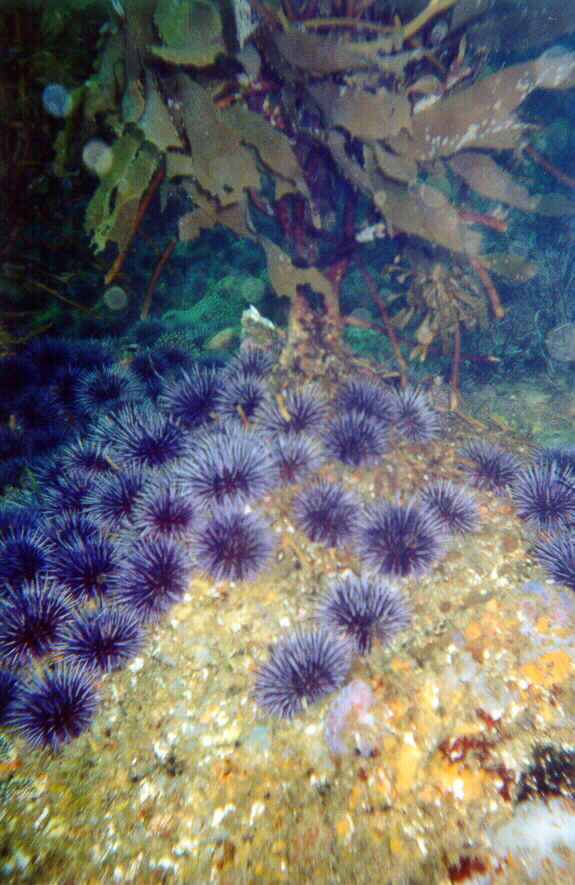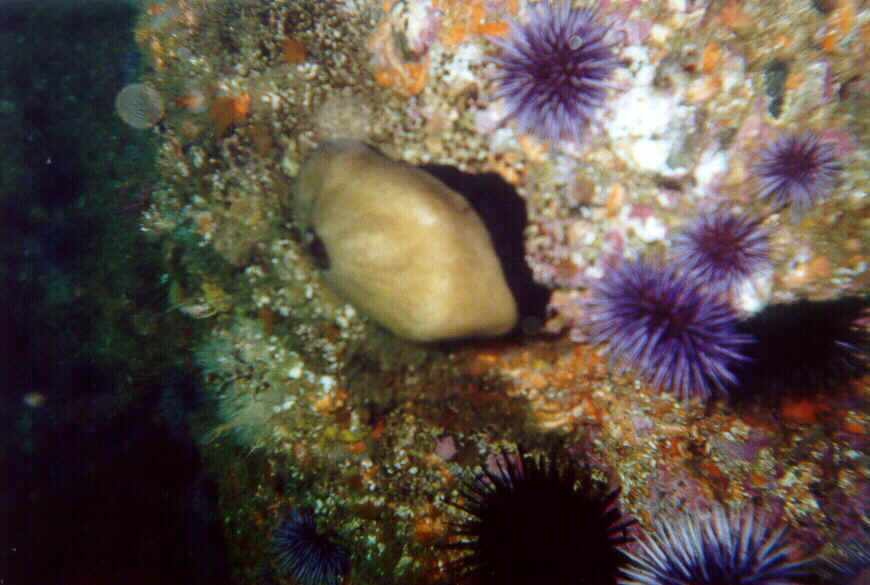
ABSTRACT
Biogeographic transition zones in the Eastern Boundary Current along
the western coasts of Mexico and California mark the southern limits of many ecologically
important marine species. A classical hypothesis in biogeography suggests these limits are
set by thermal tolerances and thus would be particularly sensitive to ocean warming. Shifts in the location of such prominent boundaries
between biogeographic provinces would have profound ecological consequences. Nonetheless, the underlying hypothesis remains
untested. Shallow water and intertidal marine
species have commonly been used as models to test ecological hypotheses, yet few studies
have used this rich bank of ecological information to examine biogeographic hypotheses
such as the causes of distributional southern limits, which often occur in remote areas in
Mexico, or the responses in this region to ocean warming events (e.g., El Niño). This
collaborative seed project between teams of UC and Mexican researchers and students,
through bi-national training of students and scientists, will test the hypothesis that
temperate organisms are negatively affected by El Niño warming at their southern limits
using four model species: two habitat-forming species (primary producers) and two
invertebrate species (which depend on those habitats); this will provide the basis for a
long-term interaction between Mexican and UC institutions.
